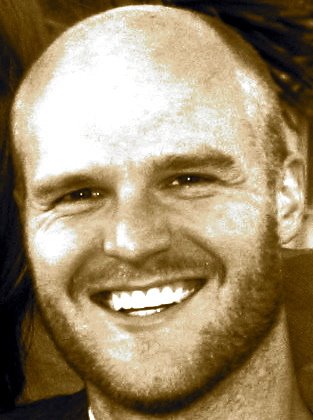As I have been discussing some proofs for God’s existence, I thought it would be beneficial to give summaries of Thomas Aquinas’ five proofs for God’s existence.
Like I have already said, there is no slam dunk proof for God’s existence. When we talk about it we are interacting on several layers of presuppositions of how the world works and the very existence of man. Therefore, any argument will typically deal with one aspect of reality. Thus, an atheist might be upset that a certain facet is missing from the proof. So it is with Aquinas.
The Argument from Motion (Change):
Things in our universe are constantly moving or changing. There has to be something that moves these objects. A billiard ball does not move on its own without the cue hitting it (or the hand if you’re playing with a cheat). Therefore, there must be a Prime Mover who set all of the material in motion.
Cause & Effect
Everything in our universe operates on the law of cause and effect. Like the above argument, if you follow an infinitely long line of cause and effect relationships, you will end up with the Primary Cause.
Necessary Being
Related to what I was arguing for in The Being of God, this we can see that there are contingent beings (a being whose non-existence is possible). These contingent beings are dependent on other things for their existence. In some instances there are contingent beings dependent on other contingent beings (i.e. a baby and his mother, the mother and food, food and its dependency on rain, rain and its dependency on the water cycle...) If you continue to move back to the thing that holds these systems and things together, you will eventually come to a Necessary Being (a being who must exist).
Perfection to the Perfect
As Greek philosophy sought to explain the essence of life, Plato explained it as there being the perfect that existed outside of the visible world. That is, things that we admire in other people - goodness, mercy, justice, etc - point to Something that is the Essence or Epitome of these qualities. This is also related to Anselm's Proslogion. “Things are more or less good only to the extent that they resemble something possessing the highest degree of goodness. The highest of all beings, that which contains the highest degree of perfection, is God” (Ron Nash, Life’s Ultimate Questions, Grand Rapids: Zondervan, 1999, 174).
Design points to the Designer (Teleological)
You are walking on the beach and you see a sand castle. You automatically think that some cute child had filled buckets with sand and dug out the moat around it. You don’t marvel at the wonder of how the waves could have evolved such a structure. There is purpose and design to the universe that cannot and should not be explained through randomness. This is related to the Intelligent Design argument below. Great Quote
Aquinas’ arguments can be summarized with this sentence where each major word represents the five arguments:
“Change & Cause are Necessary for Perfect Design” (any play on words is by design...including this one) |


